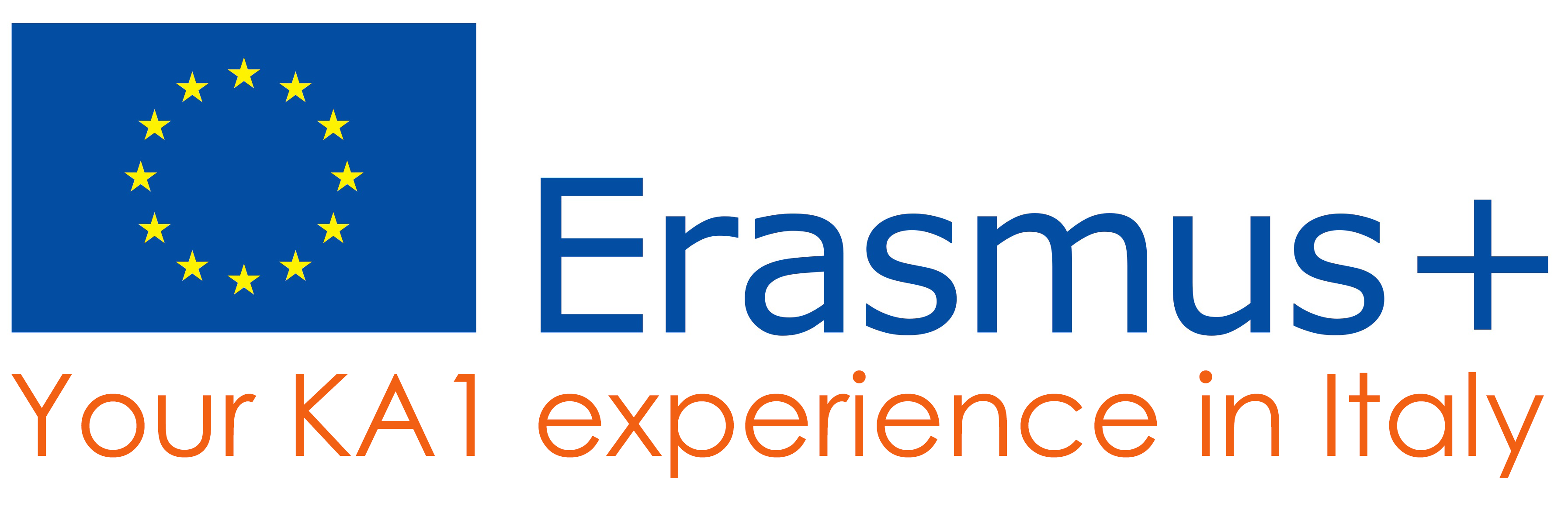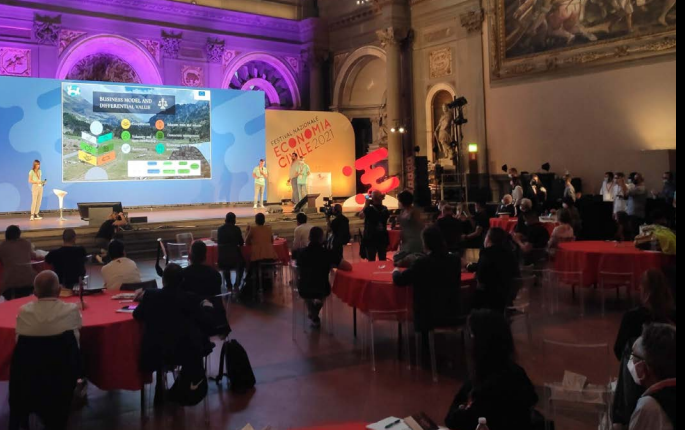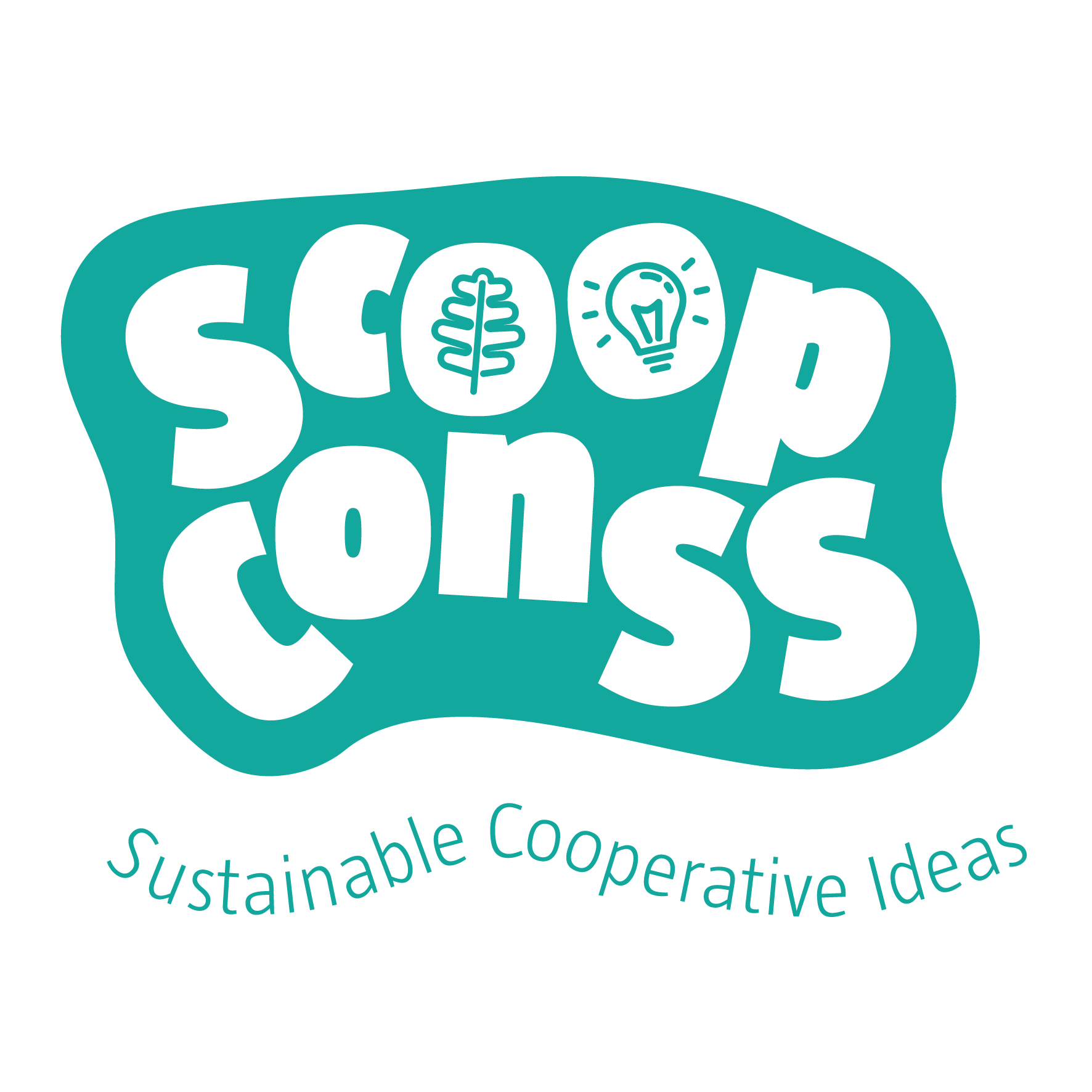ENTREPRENEURIAL LEARNING
COOPERATIVE BUSINESS SIMULATION FOR SDGS
The course will guide the participants through the discovery of an innovative and engaging methodology, and related tools, to introduce and enhance cooperative business education in secondary schools and adult education centers.
The workshop is open to School teachers, VET trainers and Adults’ educators interested in boosting their teaching practice by using different entrepreneurial methods based on the cooperative principles of self-help, self-responsibility, democracy, equality, equity and solidarity.
METHODOLOGY
In a cooperative learning classroom students work together to attain common goals that cannot be obtained by working alone or competitively. In this classroom structure, students discuss the subject matter, help each other learn, and provide encouragement for members of the group. Cooperative learning, as an instructional methodology provides opportunities for students to develop skills in group interactions and in working with others that are needed in today’s world. In addition, cooperative learning will result in positive effects on student achievement and retention of information.
The role of the teacher is very important in cooperative learning. To have an effective cooperative learning group, teachers must know their students well. Grouping of students can be a difficult process and must be decided with care. Teachers must consider the different learning skills, cultural background, personalities, competences and gender when arranging cooperative groups. Much time is devoted to prepare the lesson for cooperative learning. However, teachers fade in the background and become a coach, facilitate, or and sometimes a spectator after the lesson is implemented. Teachers who set up a good cooperative lesson teach children to teach themselves and each other. Students learn from their peers and become less dependent on the teacher for help.
LEARNING OUTCOMES
After concluding the training modules, the participants will be able to:
- Have a clear focus on legal status, tax rules, organization and
governance of a social enterprise; - Define the business model starting from social aims, enhancing
the social scopes of their idea; - Learn to recognize the relevant stakeholders for a social enterprise and how to exploit human resources operating in your company;
- Learn how to finance a social enterprise, both at the start-up stage and throughout the life of the social enterprise;
- Learn how to promote a social brand and be able to constantly measure the social impact of your social enterprise.
PROGRAMME
Activities are structured per one or two weeks of intensive workshops, participants will achieve a consistent set of competences at the end of each week.
COURSE
DAY 1
Welcome, getting to know each other, introduction to social entrepreneurship.
DAY 2
Tools and approaches for the implementation and management of innovation projects with a high social impact.
DAY 3
Legal status and tax rules of the social enterprise; Financial needs and how to find
economic resources.
DAY 4
Human resources in social enterprise; Working Group Management.
DAY 5
Building Successful Partnerships; Building a Business Plan; Marketing and communication strategies and tools.
DAY 6
Excursion.
DAY 7
Departure of participants.






